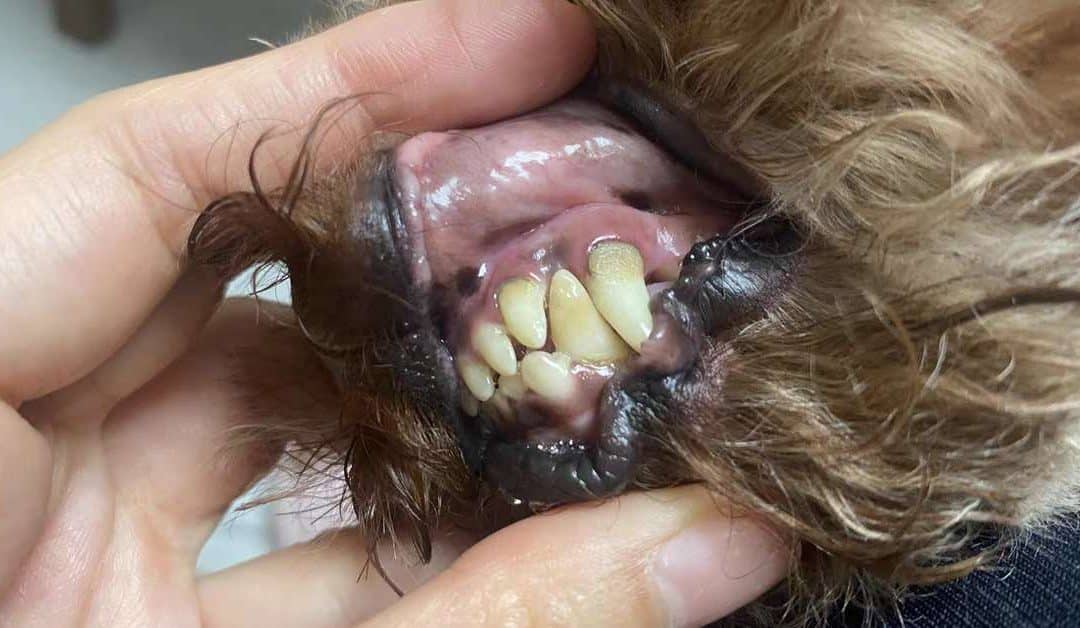Dental care for pets is similar to dental care for humans. Pets need to have their teeth brushed, their gums massaged, and their teeth cleaned on a regular basis to prevent gum disease and tooth decay. Dental care is important for pets, just as it is for humans. Pets need regular teeth cleanings and dental checkups to prevent gum disease and other dental problems. Dental disease is caused by a build-up of plaque and tartar on the teeth. Plaque is a sticky film of food, bacteria, and saliva. Tartar is hardened plaque that has been left on the teeth for too long. Dental disease can cause pain and infection in the mouth, which can lead to other health problems such as heart disease and kidney disease. If a pet has a dental disease, you may notice that he or she has bad breath, drools excessively, has trouble eating, or is pawing at the mouth. Dental disease can also cause pain and infection in your pet’s mouth, which can lead to other health problems.
Poor hygiene may have an impact on everything. It may lead to several more illnesses throughout the body in addition to oral ones. The health of the animal depends greatly on its oral hygiene. It has an impact on every element relating to the animal. Good oral hygiene is a must for animals. Bad oral hygiene can lead to a number of oral problems. The most common oral problems include tartar buildup, plaque, gum disease and tooth decay. Each of these problems should be treated to ensure the animal’s health and well-being. Bad oral hygiene can cause a number of other health problems. These include infections in the sinuses and the respiratory system. These can cause infections in the lungs, digestion issues and other issues. Cavities are one of the most serious oral problems that can occur. Cavities are a hole in the tooth. They can cause pain, bleeding and can also lead to tooth loss. If a cavity is left untreated, it can lead to an infection in the gum line.
Age, general health, food, chewing activities, heredity, tooth alignment, grooming practices, and dental hygiene are a few factors that might cause gum disease in pets. Periodontal disease is a common condition that affects not only dogs, cats, and other animals, but also humans. A bacterial infection of the gums, periodontal disease is the leading cause of tooth loss in both humans and pets. A recent study from the National Institute of Dental and Craniofacial Research estimates that 47% of all dogs and 42% of all cats over the age of three are affected by some form of periodontal disease. Periodontal disease is a progressive condition that starts with gingivitis, a mild inflammation of the gums. If left untreated, gingivitis can lead to a more severe form of periodontal disease called periodontitis. Periodontitis is characterized by severe inflammation, bone loss, and eventually tooth loss. The most common sign of periodontal disease is bad breath. Other signs include red and tender gums, bleeding gums, and difficulty chewing.


